

Many Caribbean countries that experience balance of payments problems are forced to get help from the International Monetary Fund (IMF) and other multi-lateral agencies.
Trinidad & Tobago is not going that route, opting to produce its way out of its problems.
With oil and gas, a strong manufacturing base and an income per capita of US$25,000, it feels that it can overcome any temporary turbulence.
Addressing the issue of turning to the IMF, in light of foreign exchange problems, Trinidad & Tobago Finance Minister Colm Imbert said: “Countries go to the IMF when they can’t borrow from anybody else… so when they have nowhere else to turn nobody will lend them money to balance their budgets and it is also a country in distress whenever a country goes to the IMF.”
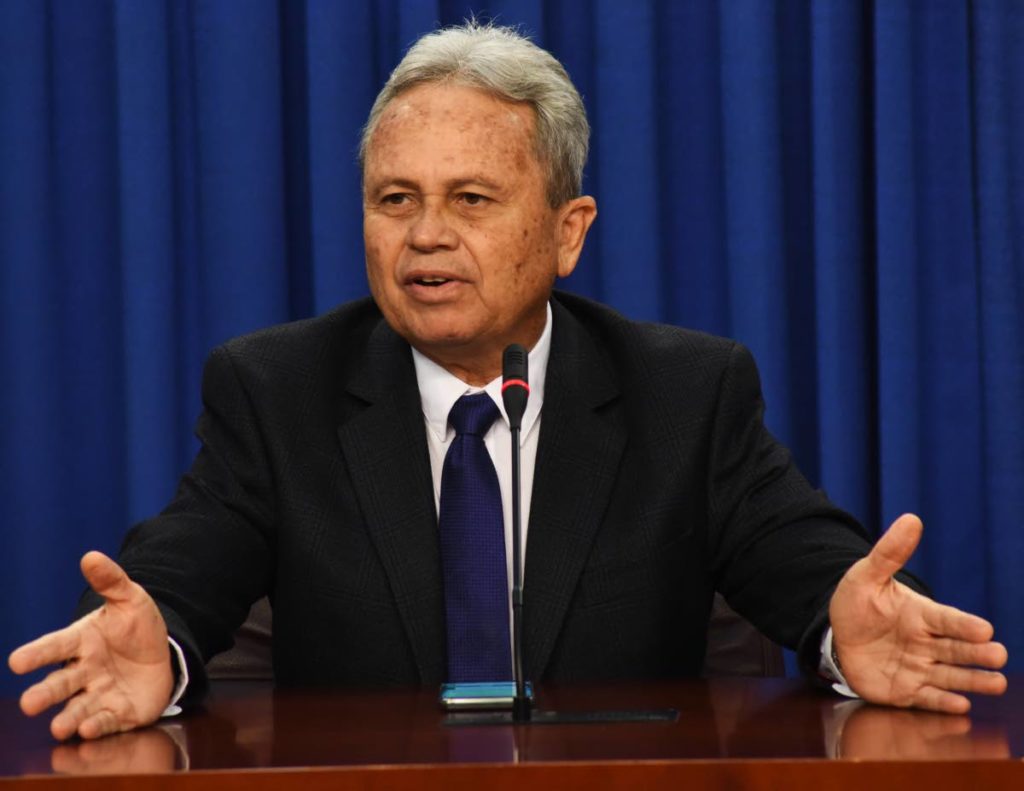
Jamaica has been focused on reducing its debt levels, creating fiscal space and containing expenditure. Trinidad is not adopting that approach, choosing to raise productivity and concentrating on earnings.
Imbert continued: “Some countries, I am told, count the amount of money they receive every single day and then, when they figure out how much money they had today, they then decide what bills they pay tomorrow. We are nowhere near there.
“So, we have absolutely no need to go to the International Monetary Fund. We have substantial financial buffers … . We have substantial reserves, foreign currency which have stabilised at $6.8-million to $7-million range now for the last two years or so.
“Our public debt has stabilised at about $129 billion and our debt to GDP (gross domestic product), which is coming down, our current account is in surplus, our balance of payment is positive. So we don’t need to go to the IMF.

The recent IMF Article IV Report on Trinidad & Tobago noted:
“Maintaining a consistent monetary and exchange rate policy
“IMF staff encourages the authorities to continue maintaining sound and consistent policies to support the current exchange rate arrangement. The Central Bank of Trinidad and Tobago (CBTT) has maintained its repo rate at 3.5 percent since March 2020 to support the recovery of the economy. Increasing the policy rate should be seriously considered to contain inflationary pressures and narrow the negative interest rate differentials with the US monetary policy rate. This would also help mitigate potential risks of capital outflows and reduce incentives for excessive risk taking that could threaten financial stability.
“A more efficient FX infrastructure would help eliminate FX shortfalls.
“It would also help create a more conducive business environment for the private sector to invest and diversify the economy. Over the medium term, greater exchange rate flexibility would reduce the need for fiscal policy adjustments to restore external balance and create room for more countercyclical monetary policy. IMF staff encourages the authorities to remove all restrictions on current international transactions while providing sufficient FX to meet demand for all current international transactions.
“Reinforcing financial stability
“The authorities need to remain vigilant to potential vulnerabilities in the financial system. While the system appears sound and resilient, it faces potential vulnerabilities emanating from rising household and businesses’ debt, high exposures to the sovereign, and interconnectedness. Closely monitoring financial sector risks is warranted.”
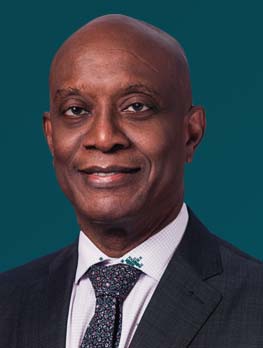
For some time now, Trinidad has been experiencing a foreign exchange problem.
Governor of the Trinidad & Tobago Central Bank, Dr Alvin Hilaire, speaking at the Global Economic Update seminar held at the Hyatt Regency Hotel, explained: “We all know that we are in a situation now in Trinidad & Tobago, where the market is not clearing, so we do have some access problems. In the short run, I think as a society, we must have a consistent foreign exchange regime that involves equitable access.”
The imbalance between forex inflows, import liabilities and local demand has persisted for over five years now. The US-dollar shortage in the country has impacted businesses like PriceSmart. It also makes the repatriation of profits more difficult than other Caribbean countries.
Imbert is clear that Trinidad & Tobago will not be devaluing its currency as that could lead to inflationary pressures.



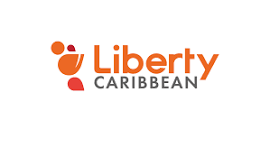
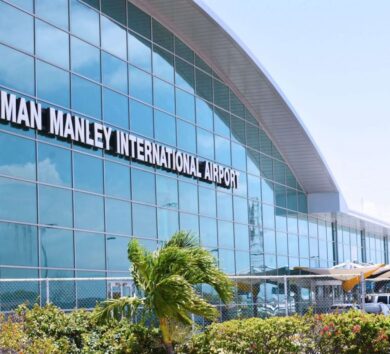

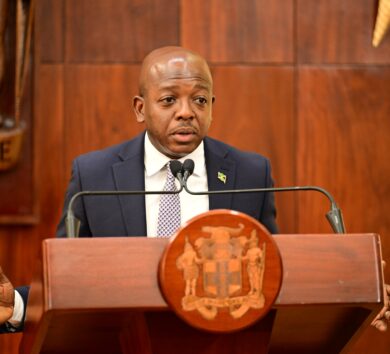
Comments